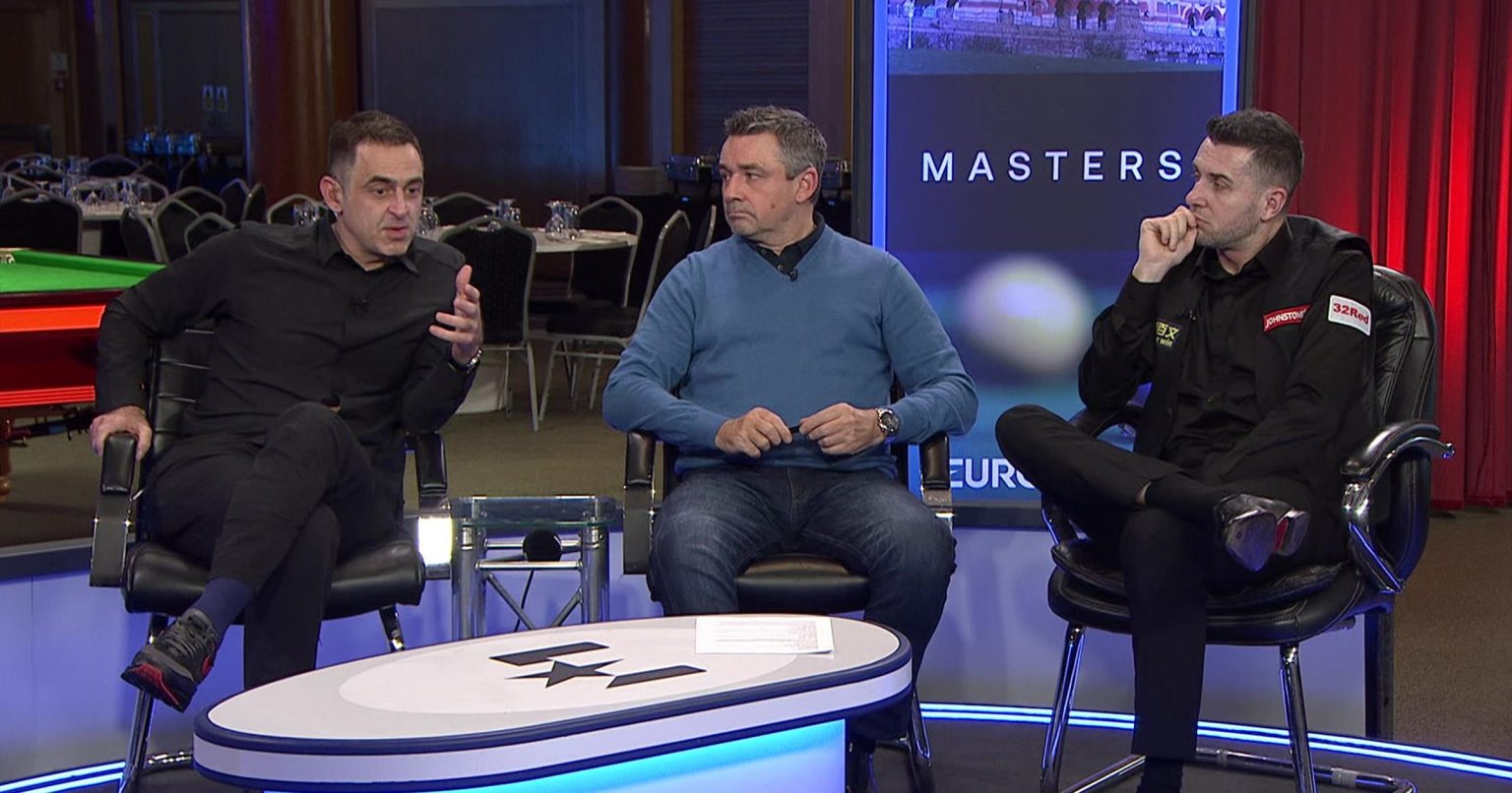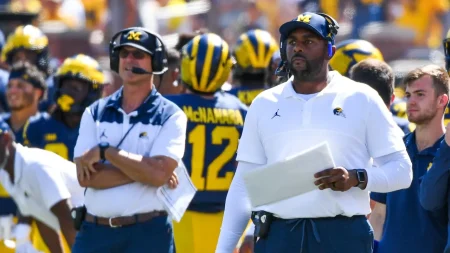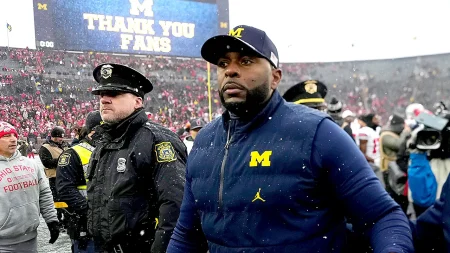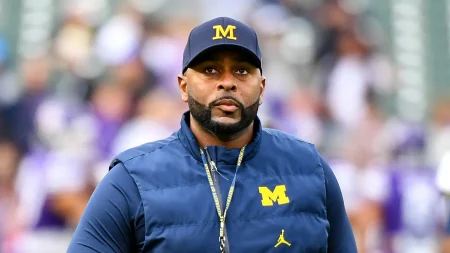The recent Masters snooker tournament witnessed Ronnie O’Sullivan, a seven-time world champion, secure a dominant 6-1 victory over Ali Carter in the first round. This seemingly straightforward sporting event became a catalyst for a crucial conversation concerning the mental well-being of professional snooker players. Following the match, O’Sullivan engaged in a poignant discussion with fellow snooker professionals Alan McManus and Mark Selby, broadcast live on Eurosport and discovery+, delving into the unique pressures and psychological challenges that accompany a career in the demanding sport. This conversation highlighted the often-hidden struggles faced by athletes in a sport renowned for its intense focus, individualistic nature, and the relentless pressure to perform at the highest level. The interview provided a rare and valuable insight into the mental fortitude required to navigate the complexities of professional snooker, emphasizing the importance of addressing these often-overlooked aspects of athletic life.
The discussion began with acknowledging the visible struggles of Ali Carter during the match. While Carter’s performance on the table was demonstrably affected, the conversation transcended mere analysis of his playing form. O’Sullivan, McManus, and Selby delved into the underlying pressures that can contribute to such difficulties. They explored the intense concentration required in snooker, where even the slightest lapse in focus can have devastating consequences. The isolation experienced by players, spending countless hours practicing alone, often far from home and family, emerged as a significant contributing factor to mental health challenges. The panel acknowledged the psychological toll of constant travel, the pressure of maintaining rankings, and the public scrutiny that accompanies professional sports. These combined pressures create a unique environment that can exacerbate existing vulnerabilities and contribute to the development of mental health issues.
The discussion moved beyond simply identifying the challenges and explored the limited resources available to players seeking support. While other professional sports have increasingly recognized the importance of mental health and invested in support systems, snooker, despite its growing global popularity, has been slower to address this crucial aspect of player welfare. The lack of readily available and accessible mental health resources for snooker players became a central theme of the conversation. The trio emphasized the need for a more proactive approach, including dedicated support staff, confidential counseling services, and educational programs to destigmatize mental health issues within the sport. They highlighted the importance of creating a safe and supportive environment where players feel comfortable seeking help without fear of judgment or repercussions on their careers.
A critical aspect of the conversation centered on the specific culture within snooker that can contribute to the stigma surrounding mental health. The sport’s image of quiet composure and unwavering focus, while admirable in competition, can inadvertently discourage players from expressing vulnerability or seeking help when struggling. This culture of stoicism, while possibly a valuable trait during matches, can be detrimental off the table, leading players to internalize their struggles rather than seeking support. O’Sullivan, McManus, and Selby challenged this traditional perspective, advocating for a more open and accepting environment where players can acknowledge their vulnerabilities and seek assistance without fear of being perceived as weak. The panel stressed the importance of shifting the narrative around mental health in snooker, encouraging players to view seeking help as a sign of strength, not weakness.
The conversation also touched upon the crucial role of family and friends in supporting the mental well-being of snooker players. The constant travel and demanding schedule can strain personal relationships, making it even more important for players to have a strong support system outside of the sport. The panel highlighted the importance of open communication, understanding, and empathy from loved ones. They acknowledged that while family and friends may not always fully understand the pressures of professional snooker, their love and support can be invaluable in navigating the challenges. The conversation also emphasized the importance of players actively engaging with their support networks, communicating their needs, and seeking help when necessary.
In conclusion, the seemingly routine post-match interview transformed into a powerful platform for addressing a critical issue within professional snooker: the mental health of its players. The candid conversation between O’Sullivan, McManus, and Selby shed light on the unique pressures faced by athletes in this demanding sport. Their insightful discussion highlighted the need for increased awareness, improved support systems, and a cultural shift towards greater acceptance and understanding of mental health challenges within the snooker community. By openly discussing these issues, they have not only contributed to a vital conversation but also potentially paved the way for positive change within the sport, encouraging players to prioritize their well-being and seek help when needed. The interview served as a powerful reminder that athletic success should not come at the expense of mental health, and that creating a supportive and understanding environment is crucial for the overall well-being of all athletes, regardless of their sport.















